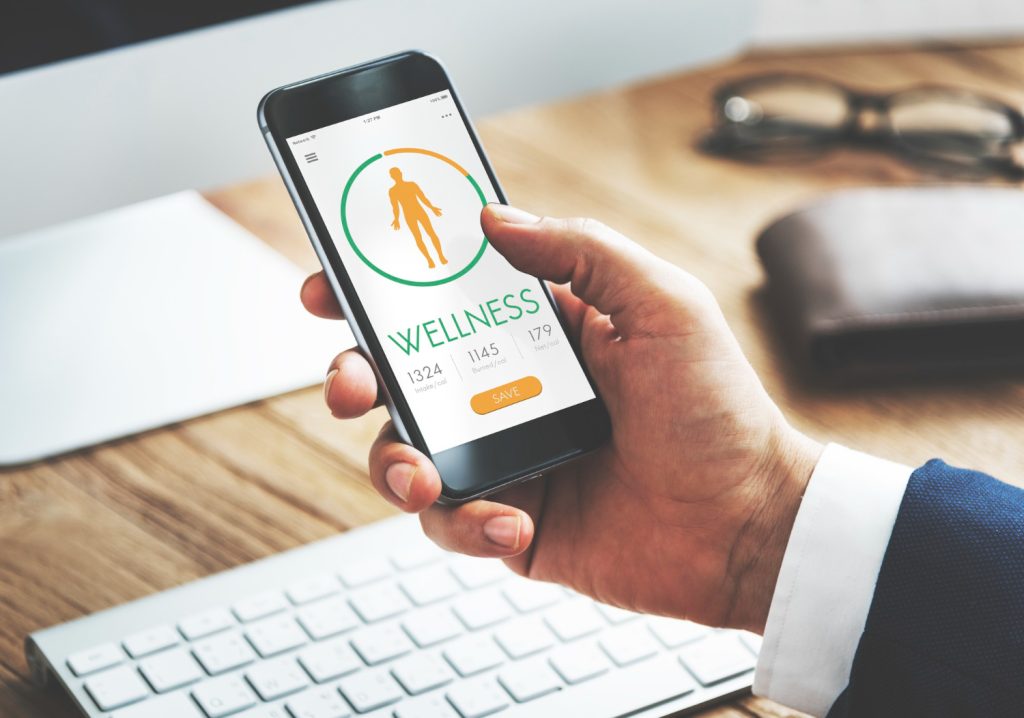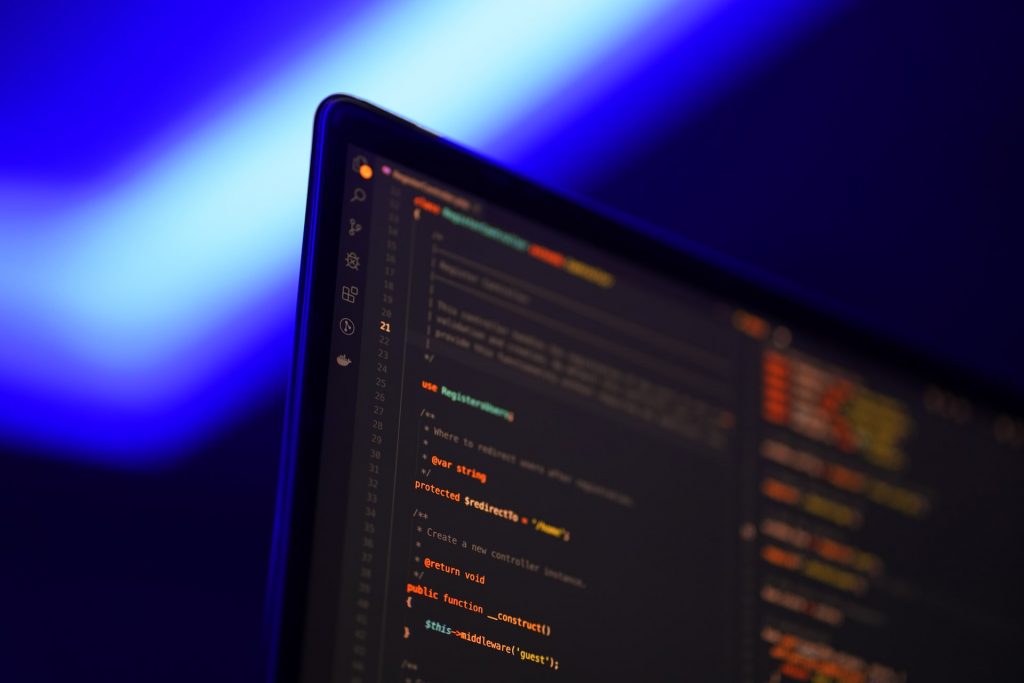Healthcare sectors are one of the most composite industries to digitalize as it comprises many shareholders: from hospitals and medical centers, through doctors, pharmaceutical and research companies, up to patients themselves. These industries are in the midst of a technological transformation to improve patient care. During the pandemic in 2019, these healthcare sectors gained much more importance than before. So, digital transformation has quickly become a pathway toward success. Technology will still infuse all features of healthcare services, from staff and facility management to patient precaution and diagnosis. Medical institutions have already chosen different types of healthcare software and have the selected solution scaled to their requirements. The followings are the top 10 popular software for healthcare sectors that are developed and used by these institutions for individual concerns about their health and well-being.
Electronic healthcare records software (EHR):
One of the most popular types of electronic software is called Electronic healthcare software designed especially for the healthcare industry. EHR software has a collection of patient data like patient personal information, medication, doctor’s recommendations, and prescriptions they had gone in the past. The modern type of this software system also includes financial modules for payments and invoicing. And there is a messenger conversation going on between both hospital staff and patients. One of the main benefits of this type of software is that it has a separate portal for patients so that they can check their consultation history, medical record, and prescriptions.
There are two types of EHR software.
Electronic patient record software:
This type of software is used by hospitals to get the records and process patient information
Electronic medical record software:
This type of software is used for patients’ prescriptions, medical records, and consultation history.
There is another benefit of using this type of software is that it not only keeps patient meditation and allergies but automatically checks a unified medication database when a new medication is prescribed by the doctor to alert him to a potential conflict.
Medical database software:
Like other types of database software for example electronic healthcare software it stores data related to various medical issues. The only difference between these two is the HER is for storing patients’ data but this medical database software is categorized by diseases. This software helps medical staff and doctors’ in
Planning for better treatment:
It helps in planning for better treatment of a patient by cross-matching a patient case with similar cases.
Educating the doctors in clinical cases:
It helps doctors to gain knowledge by reviewing clinical cases of given diseases.
Telemedicine software:
The second-best software that gained much importance after the spreading of Covid 19 is Telemedicine software. It is an online consultation via the internet using the web and mobile audio and video chat apps. It has become a quickly adopted alternative to the traditional one, face-to-face delivery of medical service. Because of the spread of Covid 19, most people were not able to visit doctors for their regular appointments. Online appointments for various diseases with doctors via web and mobile applications permit both patients and doctors to save a lot of time and money in their treatment process. Because of the provided convenience telemedicine software becomes a must-have feature for any healthcare sector. Due to Covid, this software encourages people to adopt new technology faster. This type of software offers a variety of features like video conferencing, patient record files, and online payment.
Medical Diagnosis software:
Out of all the software used in healthcare sectors for patients, this Medical diagnosis software offers more benefits to healthcare professionals. It automates the real-time exchange of patient information among various medical specialists to give a secure and reliable medical diagnosis of the disease within the hospitals. And this can help medical specialists properly diagnose the disease by putting relevant information about a patient in this software. This software uses Artificial intelligence to analyze all the given data about the patient. Moreover, it may come with modern features like detecting early symptoms of patients. Nowadays many medical diagnosis apps are available for individuals to check if their symptoms require a visit to the doctor for a medical checkup. after Covid 19 these diagnosis apps gain much more popular among people.
Medical imaging software:
Modern healthcare technology helps to diagnose internal body damages using CT/MRI/PET scans, by accurately visualizing and designing 3D models, and for that purpose healthcare software developers have successfully designed medical imaging software. This can also help in surgical planning and telesurgery. This software is often accompanied machine learning diagnostic tool which is best for processing large volumes of data but lets the doctor focus on the specific matter that needs attention.
Medical imaging software authorized
3D modeling of human anatomy:
It helps medical technicians to create tailored models for patients. For example, 3D modeling helps to generate a real-life model of teeth before giving a planned orthodontic treatment.
Designing and printing of equipment:
This type of software helps to print and design the elements of medical equipment and body part. For example, designing artificial limbs and coronary stents for cardiovascular surgery.
Healthcare billing software:
This software is related to financial operations at healthcare institutions. This help to manage the billing invoices, rescripts, insurance, and claims and allow all the transactions. This software allows for secure payment methods and allows for easier transaction tracking. The software also offers advanced analytics options, which are very important in evaluating the general financial condition of the institution as well as cost-saving opportunities
Electronic prescription software:
One of the must-have software for doctors and patients is electronic prescribing software which is also called E- prescribing software. It helps doctors not only write new prescriptions but help them to track the prescription history for the betterment of patient health. Even in some countries, this software is directly attached to the medical stores for the buyer to ease placing an order. With the help of this software, you can renew, issue, or cancel the prescription anytime. In short, E-prescription software surges patients’ and doctors’ safety and time and allows doctors to check for any issues with the already taken medications.
Hospital management Software (HMS):
This type of software helps the hospital management system like Hospital inventory, management, complaint handling, medical billing, claims, out-patient management, and bed management. It provides information and management capabilities to the top 3 stakeholders at the hospital the administration, doctors and healthcare professionals, and patients. HMS is divided into two portals.
Management-oriented portal:
This panel includes all the administration-related information for the hospital like room booking, food and medicine management, doctors’ timetable and their appointments, etc.
Patient-oriented portal:
The portal for patients has digitalized patient registration form, all admittance information, patient billing information, insurance, notifications about admittance, procedures, doctor appointments, and all medicines and prescriptions data.
Patient- engagement software:
This software helps medical practitioners to engage with patients online. This software provides data on the clinic’s daily work, as it can store clients’ data: medical history, visits, and bills. This software sends automated notifications to patients about upcoming checkups or prescript visits. Overall, their purpose is to update all clinic administrative tasks and enable drawing data-driven conclusions quicker.
Appointment booking software:
This type of software is utilized by doctors, private clinics, and hospitals for the management of online bookings of appointments. This software typically has a patient panel by which patients can book their scheduled appointments via an app or website. It has two panels.
Patient-facing panel:
This patient-facing panel is used by the patients to streamline the process of booking a visit to the doctor. For this purpose, patients can easily book an appointment and get a notification about it. They can also reschedule or cancel the appointment.
Management panel:
From the management side, it permits the clinic to have an easily analyzed view of their doctors’ schedules. For the clinic’s reception, it is a good way to update the everyday tasks of confirming and rebooking all scheduled appointments.
Conclusion:
So, above mentioned healthcare software has different goals, features, designs, etc. But they have one common purpose: to make the healthcare field as practical and modern as possible, including all features and processes.
Contact xtenxion for Healthcare Software Development Services




